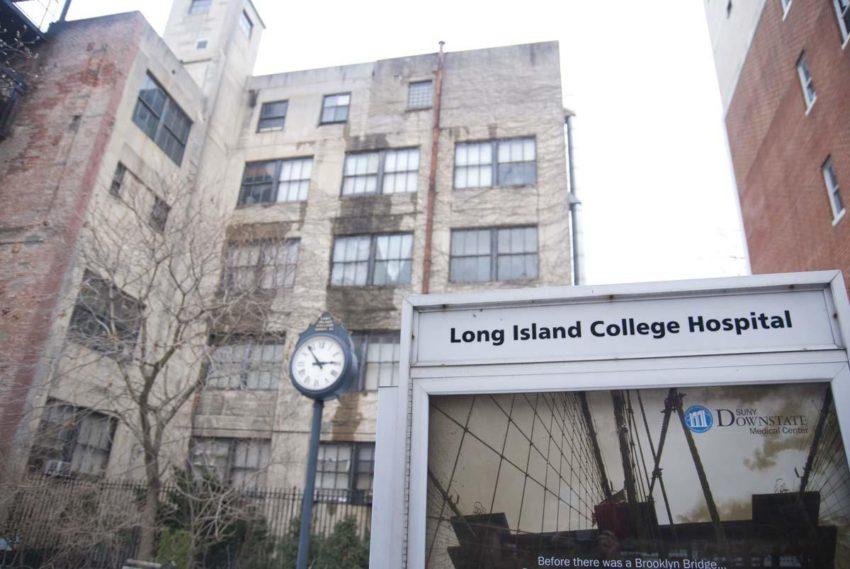New York Governor Kathy Hochul vetoed a bill on Friday that would have mandated local community involvement before the closure of a hospital or specific units.
The bill, which was passed by state lawmakers in June, aimed to establish a process for hospital closures, requiring the state Department of Health to hold public forums and issue reports on the potential impact before any facility shut down.
However, in her veto message, Hochul stated that the bill did not adequately address the practical challenges hospitals face. She emphasized that she would instead instruct the state Department of Health to introduce reforms to the current closure procedures.
The bill, called the Local Input for Community Hospitals Act (LICH Act), was named in reference to the closure of Long Island College Hospital in Brooklyn in 2014, which occurred despite significant community opposition.
We spoke with Lois Uttley, co-founder of Community Voices for Health System Accountability, a statewide collaboration of health and human service advocates, and Mark Hannay, Director of Metro New York Health Care for All, a multi-constituency health care justice coalition.
Image: The Local Input for Community Hospitals Act (LICH Act) was named in reference to the closure of Long Island College Hospital in Brooklyn in 2014. (Credit: WNYC)


I am amazed that our governor can side with the for-profit entities that now run both
the hospitals and the nursing homes It is a death sentence for Sullivan county residents,
who live 50+ miles from the only hospital in the county, and the nursing home that has
reduced their ratings from 5* to 1* with a red hand denoting abuse. The DOH has sited
them with 9 violations in Sept. 2024 and although they have been negligent in so many
ways, the county Legislature still wants them to run it.
FOR PROFIT COMPANIES, CARE FOR THE BOTTOM LINE, NOT FOR THE PATIENTS.
How can a corporation make a profit when it is at best a break even proposition. They
reduce services, staff and care. We pay taxes in this county so that our residents can live
in a safe and healthy environment. These decisions make that impossible.